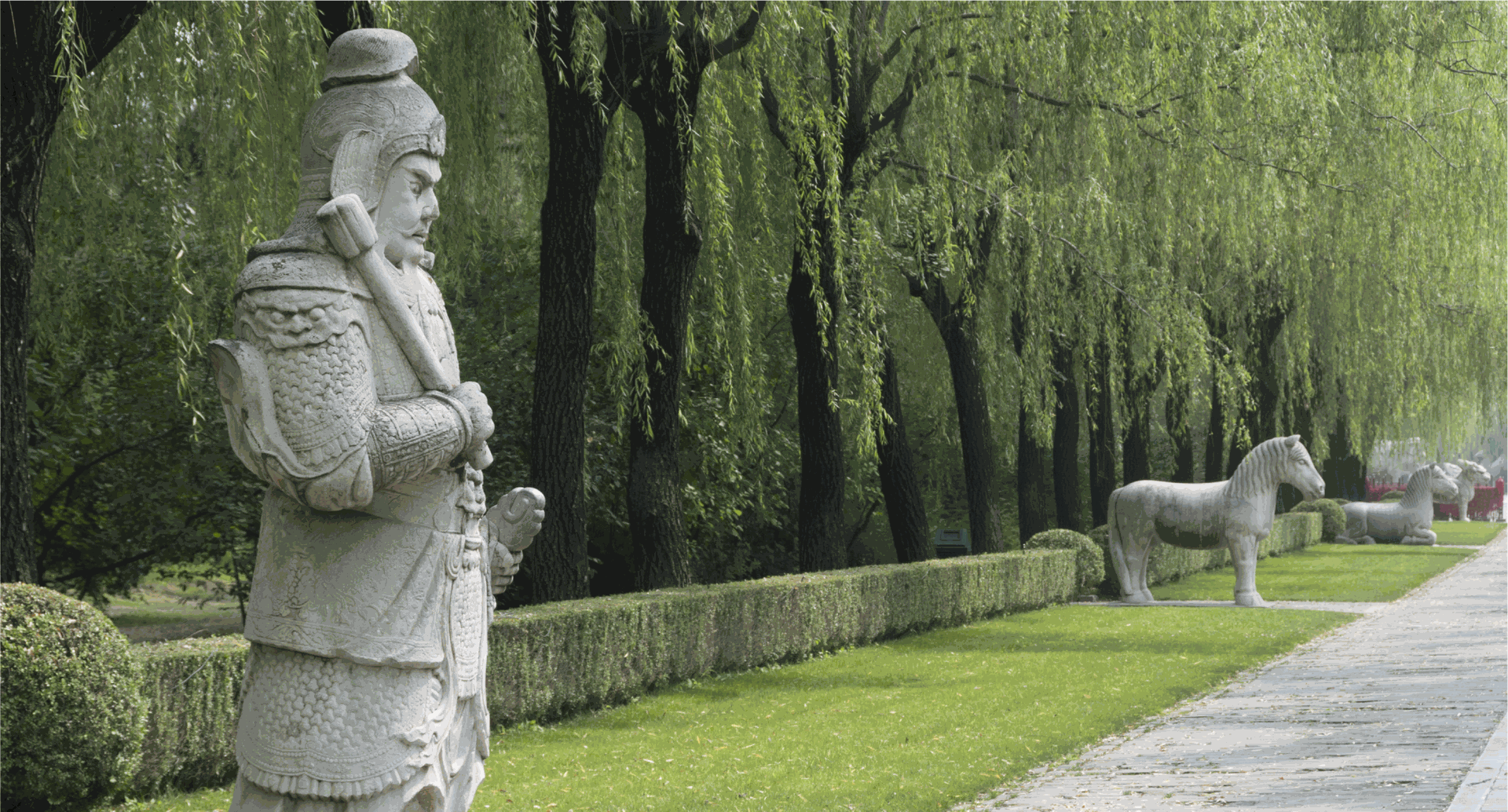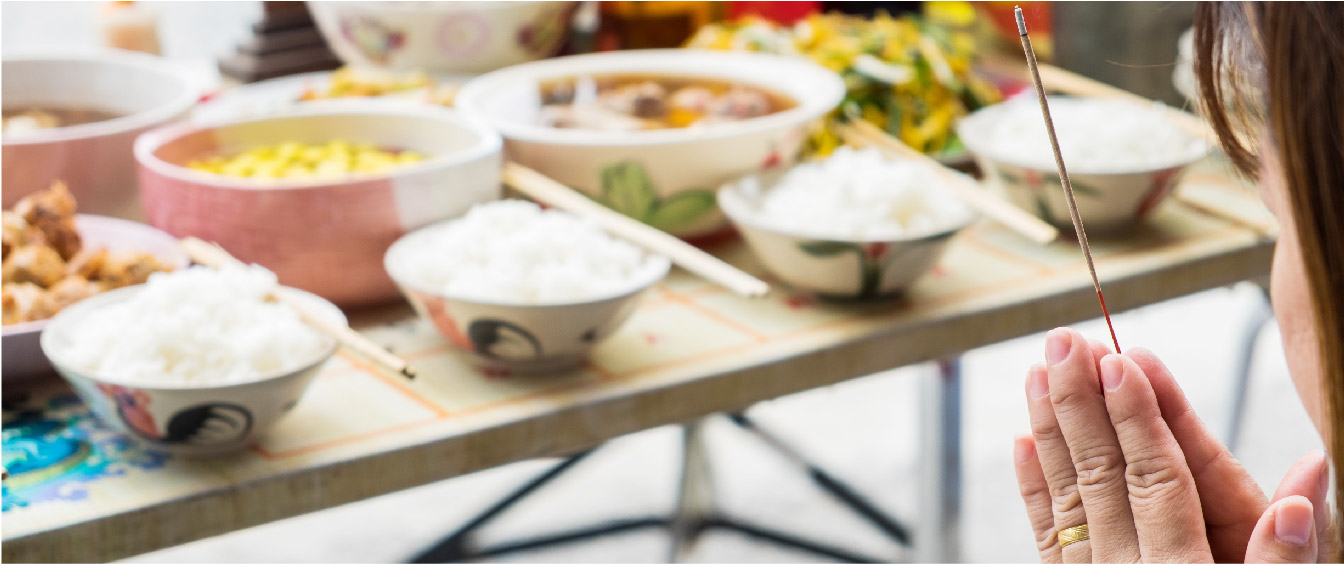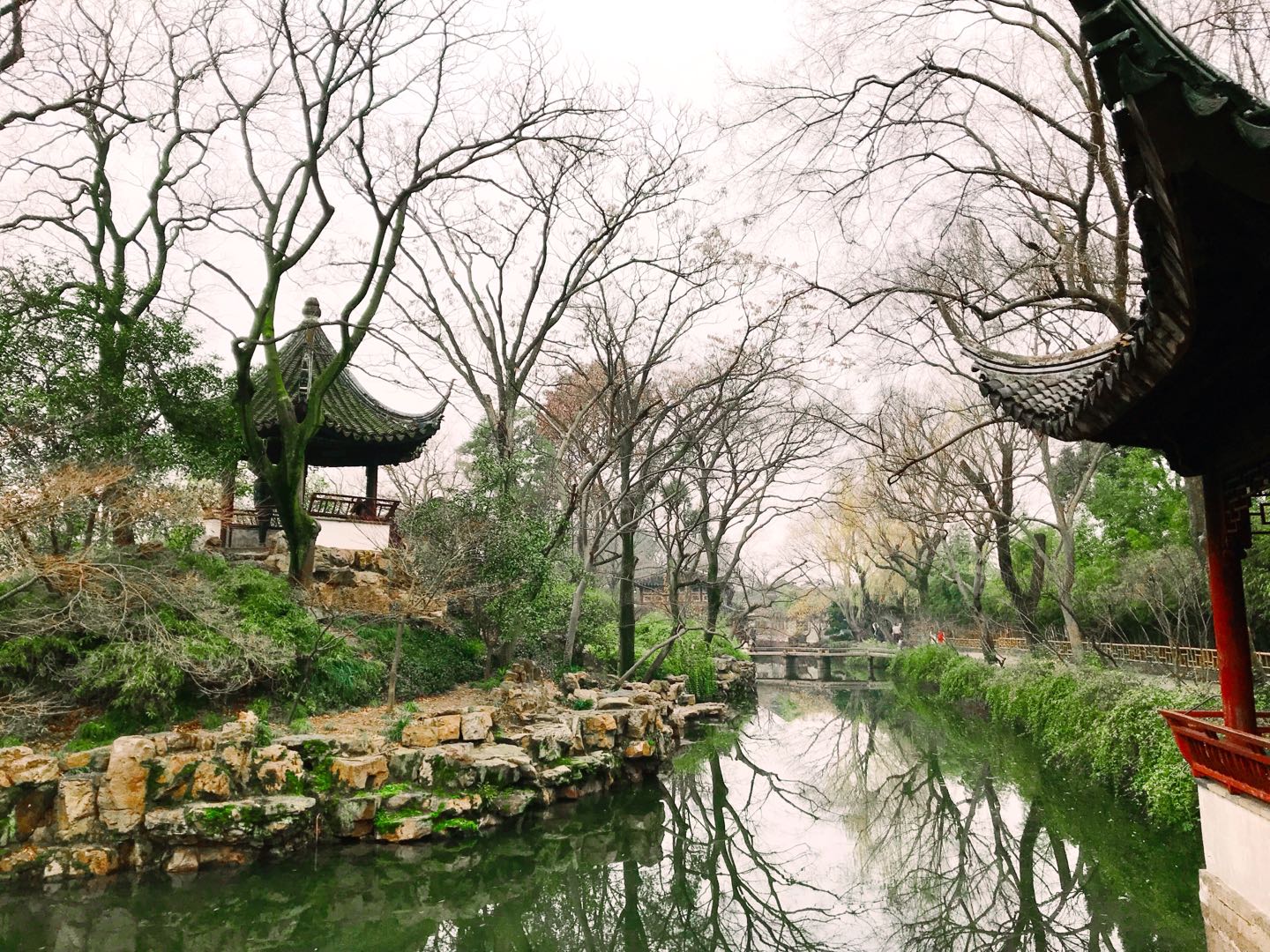This Friday, April 5th takes place the Qingming Festival (清明节 Qīngmíng Jié), or Tomb-sweeping Day. This traditional festival is observed in China as well as by some communities in Indonesia, Malaysia, Singapore, and Thailand. Since 2008, it has also become a public holiday long week-end.
ASI Movers' main office is located in Shanghai, we will also close and stop our moving operations on this day. But before the weekend starts, let us explain what you need to know about the Qingming Festival, as expats' best partner for their relocation from, to and within China.
The Origins Of The Ancestors' Day

Known also as the Ancestor’s Day, the Qingming Festival was originally held to commemorate the action of a loyal servant, Jie Zitui, toward its master, Chong’er, a prince of the state of Jin in exile.
To save him from starvation, Jie Zitui cut a slice of his thigh to feed his master. Later, when Lord Chong’er came back to his Jin state and position, he tried to find Jie to reward him. Jie had retired in the mount Mian with his elderly mother. Prince Chong’er could not find him, so he decided to set fire to the mountain to force Jie out of the forest. But Jie and his mother were killed during this fire. Full of remorse, the Prince erected a temple in his honor and ordered that only cold food could be eaten to commemorate the day Jie passed away. People start to visit his tomb at its temple to pay their respects.
Under the Qing dynasty, about 300 years ago, the practice of eating cold food was replaced, and instead of regularly offering ostentatiously expensive ceremonies to commemorate ancestors, such respects were declared to be paid only once a year, on Qingming day.
Traditional Customs And Rites

Qingming festival could be presented as the counterpart of Halloween or All Saints’/Souls’ Day, which takes place in Western countries from October 31st to November. Mostly, the celebrants go to visit and honor the graves of their ancestors, cleaning them and offering food, tea, wine, chopsticks, and paper accessories. Flowers can also be presented to the dead relatives, with good prayers expressed. It is also common to see willow branches on house gates and front doors. This aims to help to ward off troubled spirits.
As Spring comes over simultaneously, these days off are a good opportunity for Chinese people to enjoy nature and have a walk in parks, so these places might be more crowded than usual. Flying kites is also a popular activity, on day or evening time with lanterns, or appearing with animal shapes or Chinese character opera. Sometimes, people cut the strong to let their kites freely fly into the sky. It brings good luck and health.
Many people still observe the day before Cold food meal, cooked a day ago. Sweet green rice balls青团 qīngtuán made with glutinous rice powder used to be made, stuffed with red bean paste, but variants can be found with peanuts, salt eggs, or pork flavor. Juice from green vegetables gives glutinous rice its green color. Other crispy fried cakes are made, such as撒子sāzi or寒具 hánjù. Peach blossom porridge is also a popular recipe.

This year, the Qingming festival takes place today, on April 5th, as the 5th Solar Term of the Chinese Lunar Calendar.
